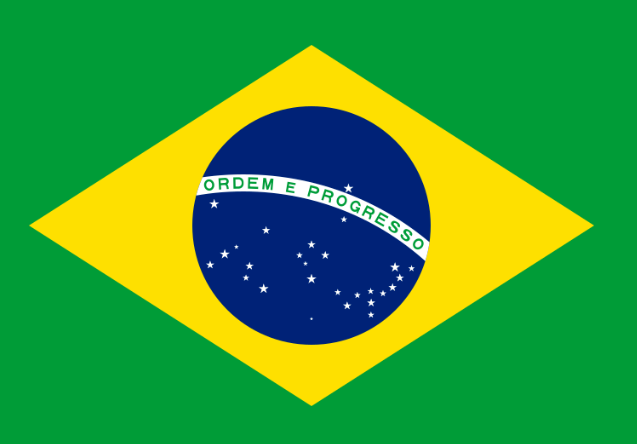 Trade Data
Trade Data
 19-06-2024
19-06-2024
Accessing accurate and up-to-date trade data is crucial for businesses, researchers, and policymakers aiming to understand Brazil's economic landscape and international trade dynamics. Brazil, as one of the largest economies in Latin America, has a diverse trade portfolio that spans various sectors, including agriculture, manufacturing, and services. This article highlights the comprehensive sources where one can access detailed trade data on Brazil.

1. Brazilian Government Websites
Ministry of Economy (Ministério da Economia):
The Ministry of Economy is a primary source for trade statistics and economic reports in Brazil. Their website offers a range of data, including monthly and annual trade balances, export and import statistics by product and country, and sector-specific reports. The data is often presented in a user-friendly format with downloadable reports for further analysis.
Brazilian Institute of Geography and Statistics (IBGE):
IBGE provides detailed economic data, including trade statistics. It offers information on the volume and value of exports and imports, trade balances, and economic indicators. The data from IBGE is essential for understanding the broader economic context within which trade occurs.
2. International Organizations
World Bank:
The World Bank offers a vast database of economic and trade statistics for Brazil. Through its various tools and reports, users can access data on trade volumes, trade balances, and sectoral performance. The World Bank's Global Economic Prospects and World Development Indicators are particularly useful for long-term analysis.
World Trade Organization (WTO):
The WTO provides comprehensive trade profiles and statistics for Brazil. Their databases include information on trade policies, tariffs, trade in goods and services, and trade agreements. The WTO's Trade Policy Review reports offer in-depth analysis of Brazil's trade policies and practices.
3. Trade Associations and Chambers
Brazilian Trade and Investment Promotion Agency (Apex-Brasil):
Apex-Brasil promotes Brazilian exports and attracts foreign investment. Their website offers reports and data on export performance, market trends, and investment opportunities. Apex-Brasil's resources are valuable for businesses looking to enter or expand in international markets.
4. Global Trade Databases
Brazil import and export data from Tendata iTrader contains important customs data useful for your import and export trade. These import data and export data include: product trading trends, HS codes, customs data, potential importers' or exporters' information, port, competitor companies, etc. In order to ensure the authenticity and integrity of the data, Tendata collects global import and export data from global customs departments, ports, shipping, logistics companies and other business sectors. Tendata has global import and export data from 2005 to the present to help you compare and analyze the latest market trade trends. There are many more detail records such as daily commodity transaction prices, if you want to know more, please contact us and Get a Free Demo.
Conclusion
Accessing comprehensive trade data is essential for informed decision-making and strategic planning. By leveraging the resources from Brazilian government websites, international organizations, trade associations, global trade databases, and academic institutions, stakeholders can gain a thorough understanding of Brazil's trade dynamics. These sources provide the data and insights needed to navigate Brazil's complex and evolving trade environment effectively.
Category
Leave Message for Demo Request or Questions


 T-info
T-info T-discovery
T-discovery

 My
Tendata
My
Tendata Market Analysis
Market Analysis Customer
Development
Customer
Development Competitor
Monitoring
Competitor
Monitoring Customer Relationship
Customer Relationship





































































































































